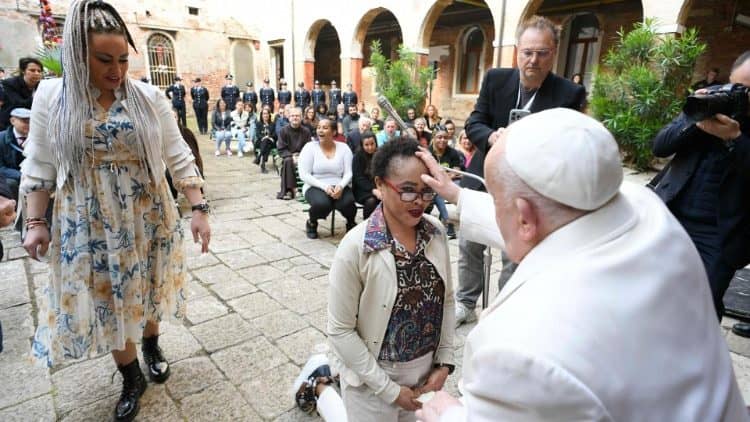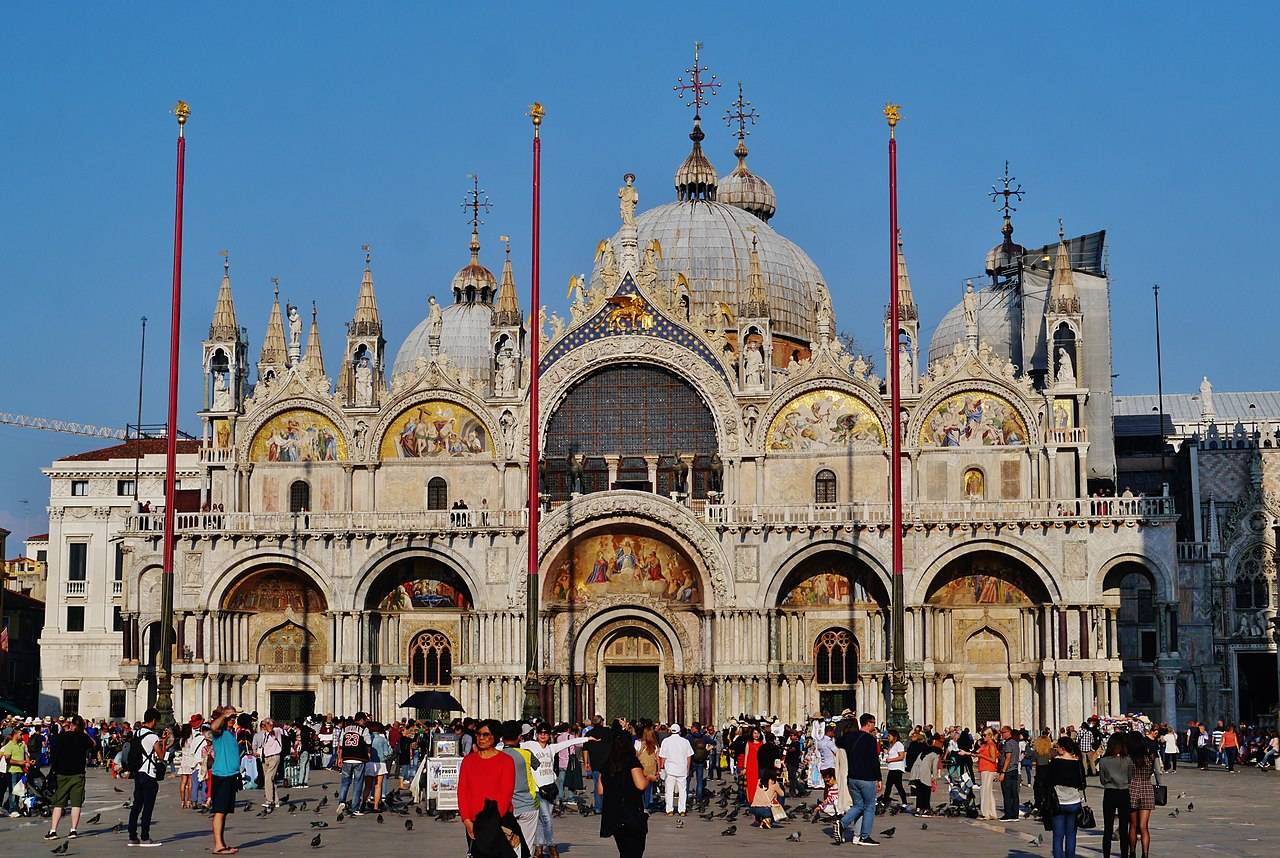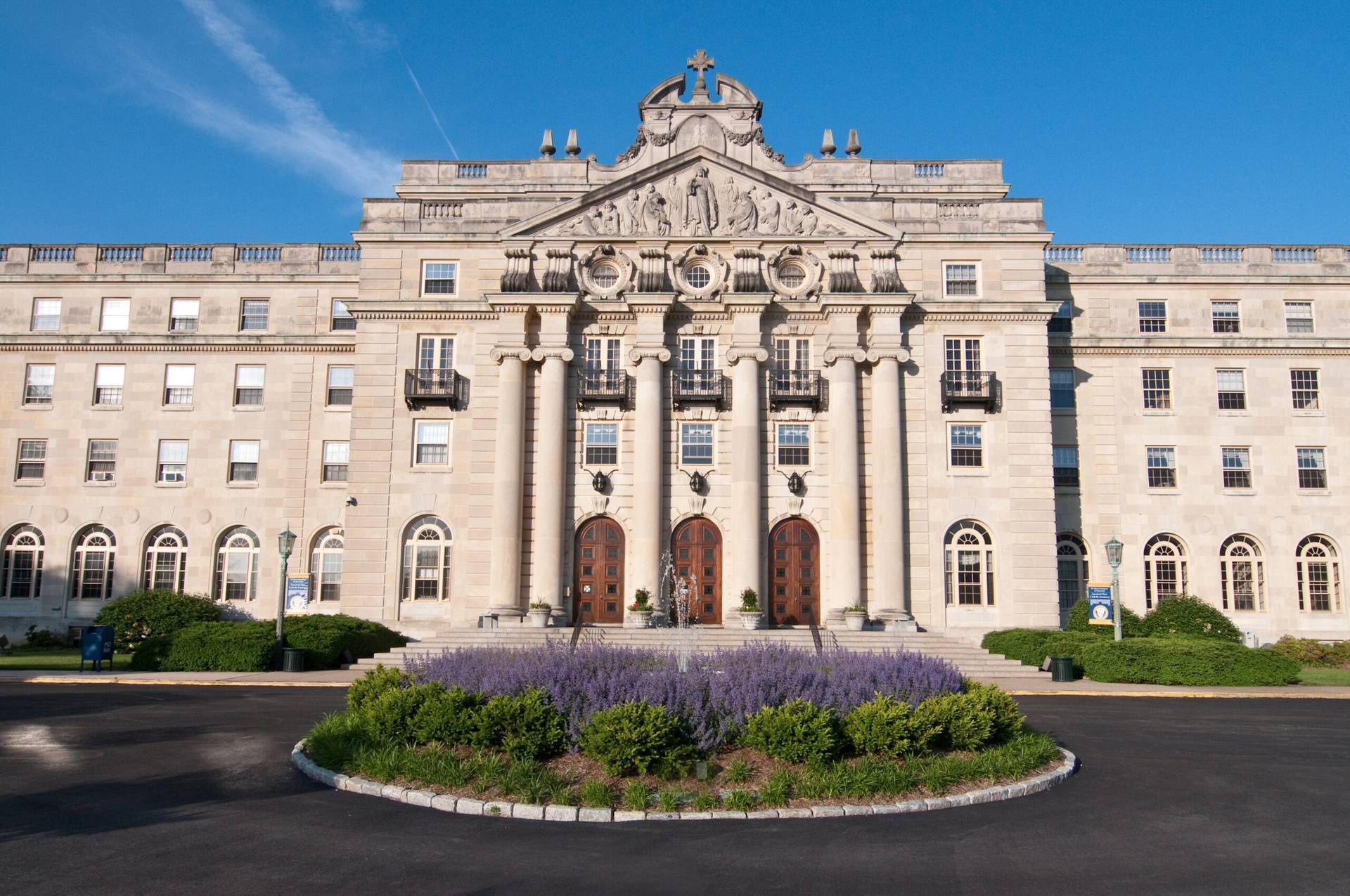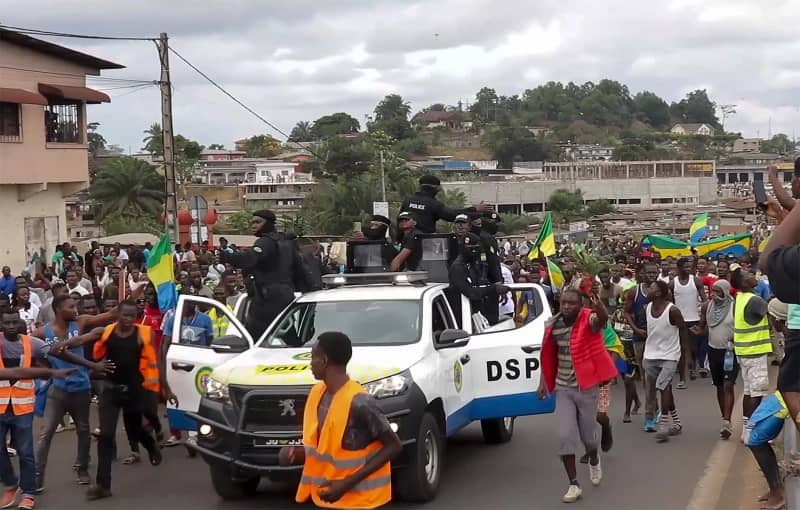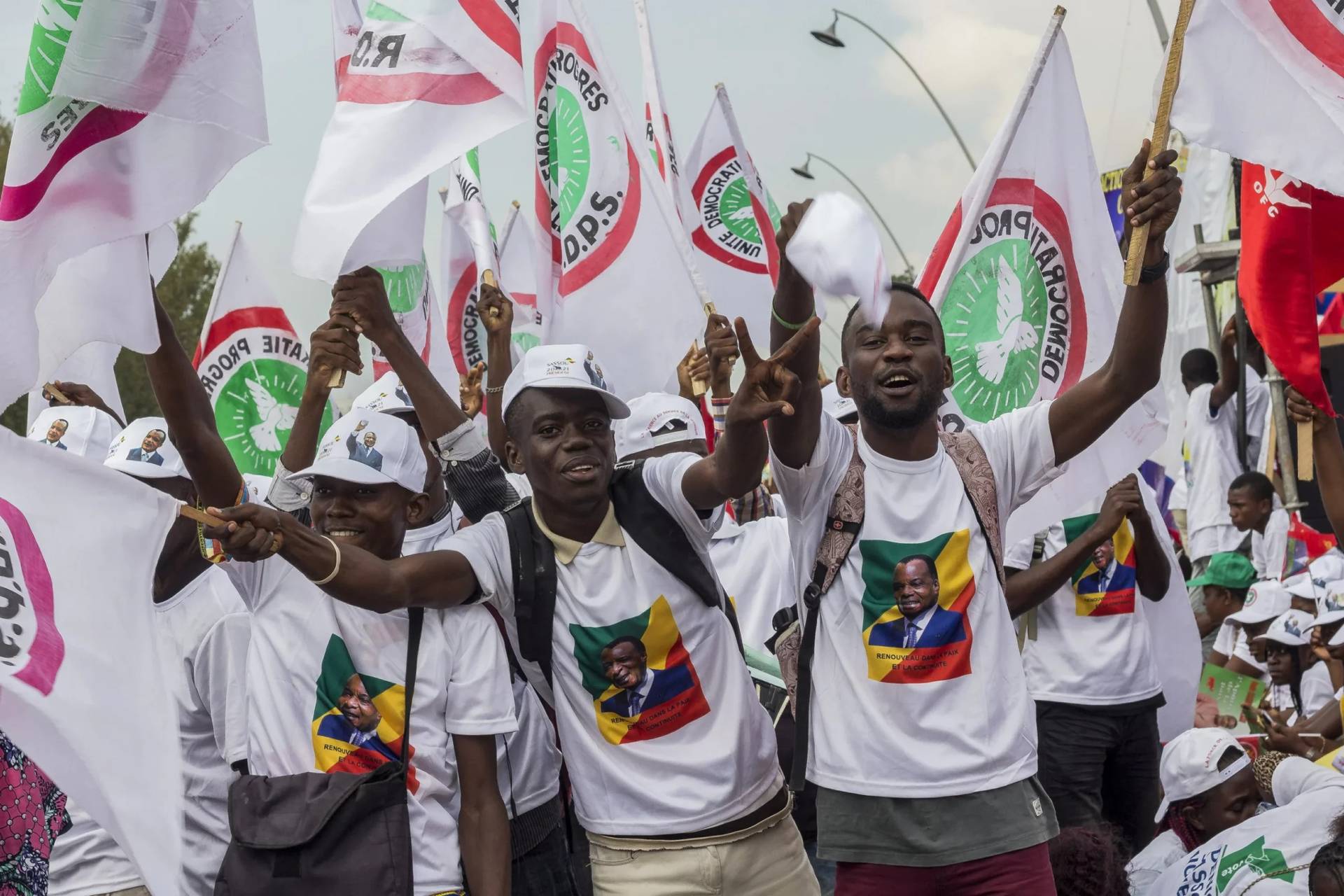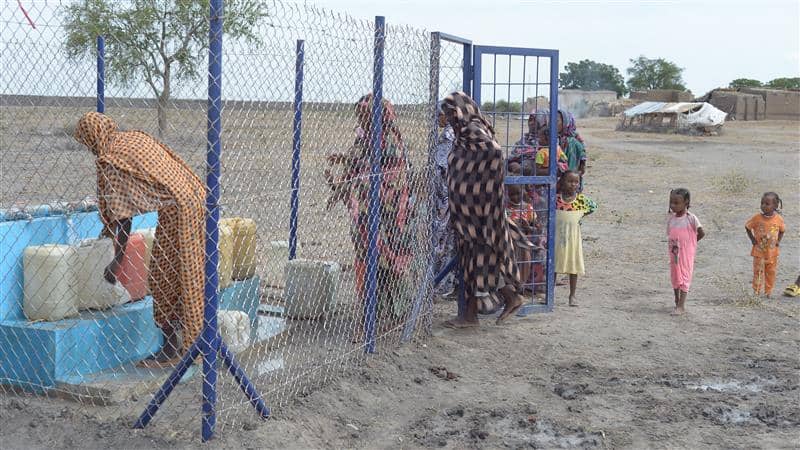YAOUNDÈ, Cameroon – Sandra began her conversation with Father Abraham by describing how she and five friends set one day for a walk in the violence-plagued southwestern region of Cameroon, where a civil insurrection has waked and waned since 2016.
At one stage, the group reached a police checkpoint and were asked to present their national ID cards. While the others presented the cards and were allowed to continue, Sandra and a boy in the group were minors and theoretically didn’t need the card to move about.
The boy paid a bribe and was allowed to leave, but not Sandra.
“At this point, I still thought I was in safe hands because of their uniforms,” Sandra told Father Abraham via WhatsApp, as recounted in the new book In the Eye of the Storm, Between the Devil and the Deep Blue Sea, published by the Centre for Human Rights and Democracy in Africa.
Sandra and Father Abraham are pseudonyms, according to the book, because both still live in precarious situations.
“These men asked me to get on their truck, which I did …. Their truck took a turn into a community I couldn’t recognize, and continued into the forest. I thought it was a path into another community but the vehicle slowed down and then stopped. I was asked to get down the truck which I did…”
“Father, after these men finished talking to themselves, one walked towards me, and asked that I take off my clothes…before I could even say a word, I was pushed to the ground and told to stay quiet. They threatened me, saying if I tried to resist, I would be shot. Three of the officers joined their colleague and they forcefully tore my clothes…All four of them severely raped me.”
Afterwards, Sandra said, she was left in a pool of her own blood. In the wake of the experience, Sandra told the priest, she now hates men, so much so that she actually considered poisoning her own brother.
Father Abraham told Sandra he shared in her “pain and grief,” and said that in his priestly mission, “I have witnessed these barbaric and inhuman acts.”
“Right in front of me,” he wrote, “one of my Christians was killed. Right in front of me, another’s hand was amputated.”
Yet, Father Abraham said, no amount of sin is unforgivable by God, noting that “the Father of mercies, through the death and resurrection of his Son, has reconciled the world to Himself and sent the Holy Spirit among us for the forgiveness of sins.”
In the same vein, Father Abraham told Sandra God forgives her for her murderous thoughts towards her brother.
“My life is in God’s hands now, and may he keep me as he pleases…Dear Jesus, thank you for taking away my sins,” she responded.
The harrowing exchange is reproduced in the 174-page book, intended to give voice to the victims of Cameroon’s conflict, including the following.
- A 16-year-old virgin schoolgirl who, forced to flee from her community, has become a prostitute in Cameroon’s economic capital.
- A separatist fighter who is convinced that only independence will free Cameroon’s English speakers from the shackles of “enslavement.”
- A vegetable seller who finds it harder to sell her produce, as bullets fly over her head on a daily basis.
- A student whose lifetime dreams have been shattered by the sound of a whizzing bullet.
- A priest who has seen so much abuse that he now needs psychological assistance.
Sexual and gender-based violence has been the biggest tool in the conflict, and “rape has always been used as a tool for war,” said Agbor Balla, lead author and executive director of the Centre for Human Rights and Democracy in Africa, said in an interview with Crux.
The violence started in 2016 when teachers and lawyers in Cameroon’s Anglophone regions took to the streets in peaceful protests against a disproportionate number of Francophone teachers and magistrates working in Anglophone Cameroon.
The protesters were visited with violence and some people took up arms against the state, and the Anglophone crisis mutated into a war.
It’s now in its sixth year, and has left a trail of death and destruction: At least 6000 people have been killed, and more than a million others forced to flee from their homes, according to the International Crisis Group.
The publishers of the first-ever book that captures the voices of those most affected by the war say the tone was meant to shock the national and international psyche.
“We felt that it was these unheard voices-these women, children, men who are faceless and nameless, but who are suffering from this war more than anyone else. We wanted to put the story in their own voices in a way that would be attractive and appealing to each and every one. The narrative style would not be very academic, but a style that would appeal to the grassroots person, because the purpose is for the common man to appropriate it, so that they can hold accountable their leaders to try to find a solution.”
“It’s a document people will read and feel the pain our brothers and sisters are going through in the Southwest and Northwest regions,” Agbor Balla said.







